Hungarian Prime Minister Viktor Orban secured a potential financial lifeline from US President Donald Trump during a meeting at the White House, with Trump agreeing to defend Hungary's economy against speculative attacks. According to Orban, Trump offered to provide a "financial shield" to Hungary, although no specific details about the agreement were disclosed.
The potential deal comes as Hungary's economy faces growing pressure from investors and analysts, who have expressed concerns over the country's high debt levels and its decision to abandon the European Union's economic policies. Hungary's debt-to-GDP ratio stood at around 80% in 2024, significantly higher than the EU's 60% threshold. The country's foreign currency reserves, which stood at $25 billion in 2023, have also been dwindling in recent months, sparking fears of a potential currency crisis.
The market impact of the potential deal is likely to be significant, with investors and analysts closely watching the development. Hungary's stock market, which has been underperforming its regional peers in recent months, may experience a boost if the deal is confirmed. The country's currency, the forint, has also been under pressure, trading at around 370 forints to the US dollar, down from 350 forints in 2023.
Hungary's economy has been a subject of controversy in recent years, with the country's decision to abandon the EU's economic policies and its high debt levels sparking concerns among investors and analysts. The country's GDP growth has been sluggish, averaging around 2% in recent years, significantly lower than the EU average. The country's reliance on foreign investment has also been a major concern, with many investors expressing doubts over the country's ability to attract and retain foreign capital.
The potential deal with Trump is likely to have significant implications for Hungary's economy, with the country's government seeking to attract more foreign investment and improve its economic competitiveness. The deal may also have implications for the country's relations with the EU, with some analysts suggesting that Hungary's decision to abandon the EU's economic policies may have been a factor in Trump's decision to offer a "financial shield" to the country.
In the future, Hungary's economy is likely to face significant challenges, including high debt levels and a sluggish GDP growth. The country's government will need to implement significant reforms to improve its economic competitiveness and attract more foreign investment. The potential deal with Trump may provide a much-needed boost to the country's economy, but its long-term implications remain uncertain.
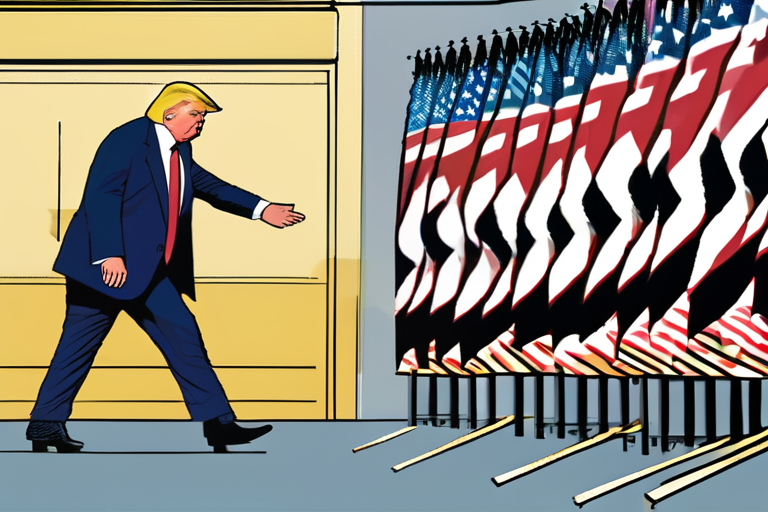


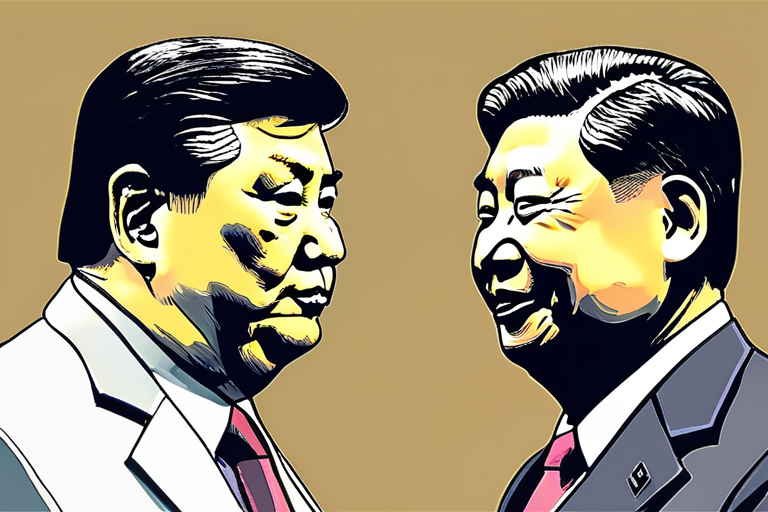


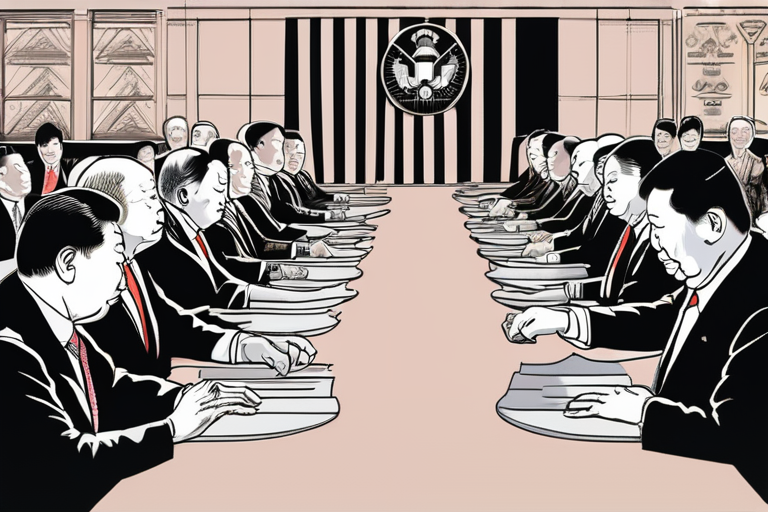


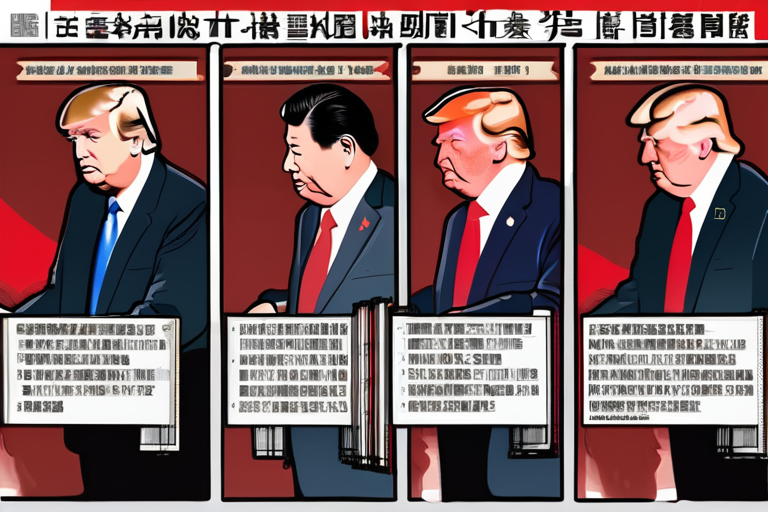

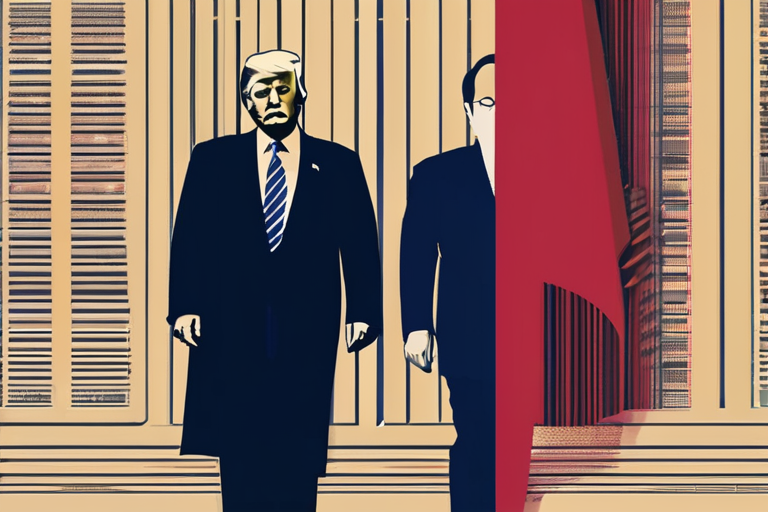
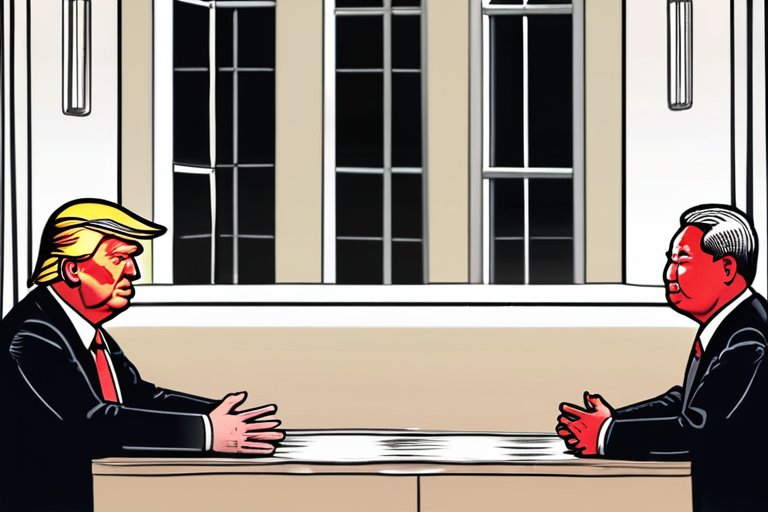
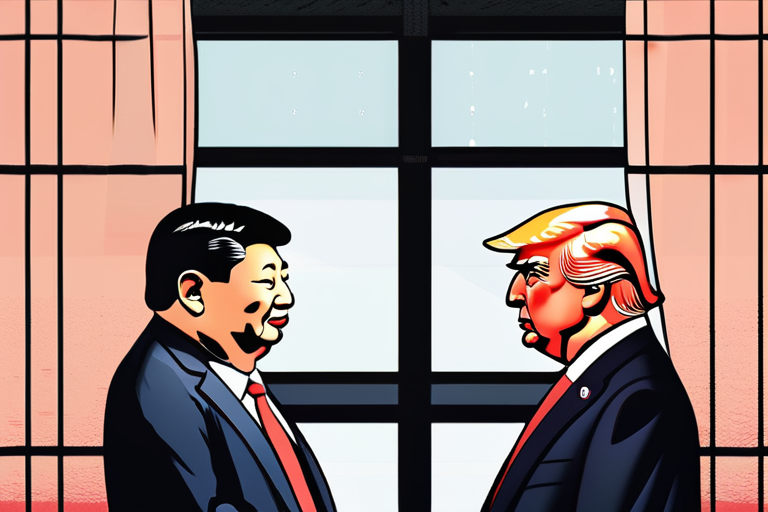

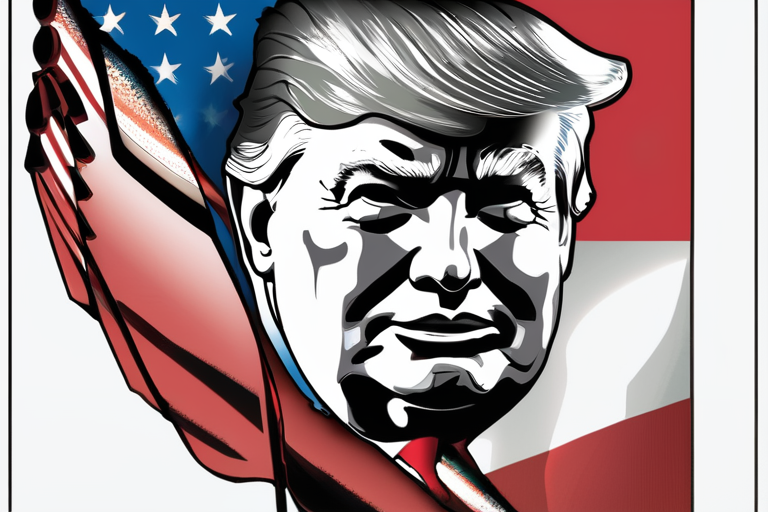


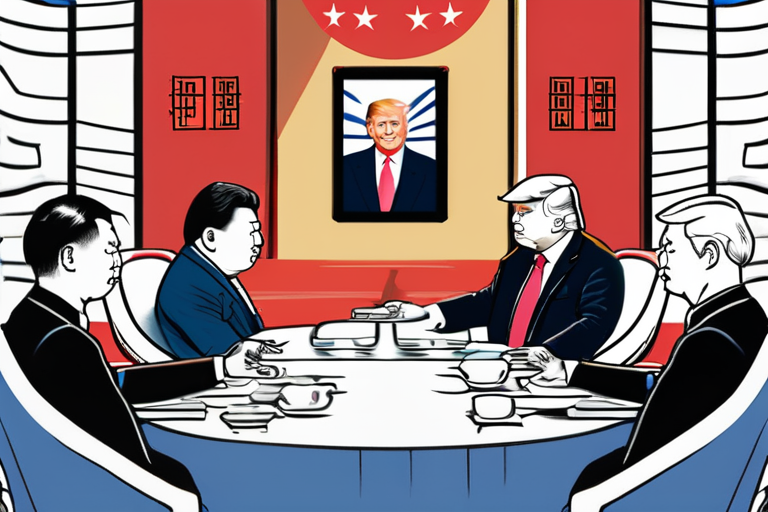
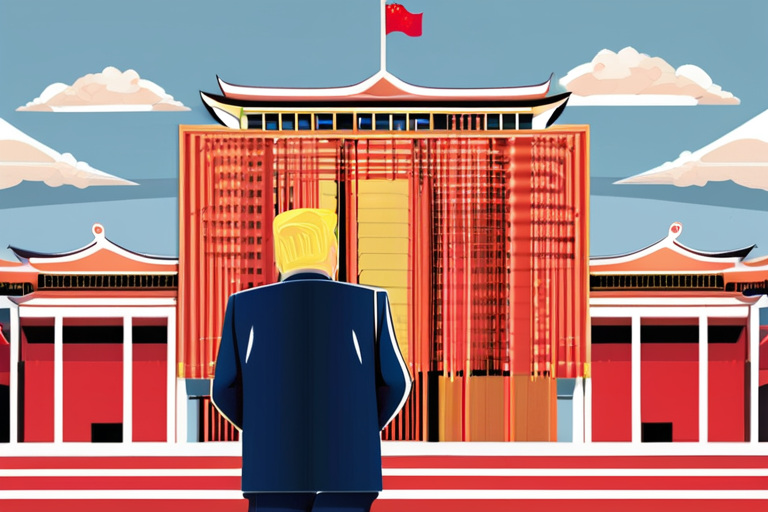


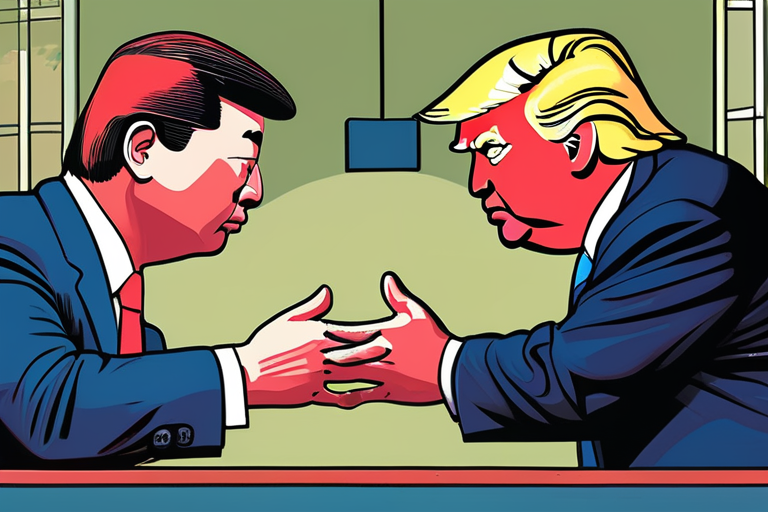
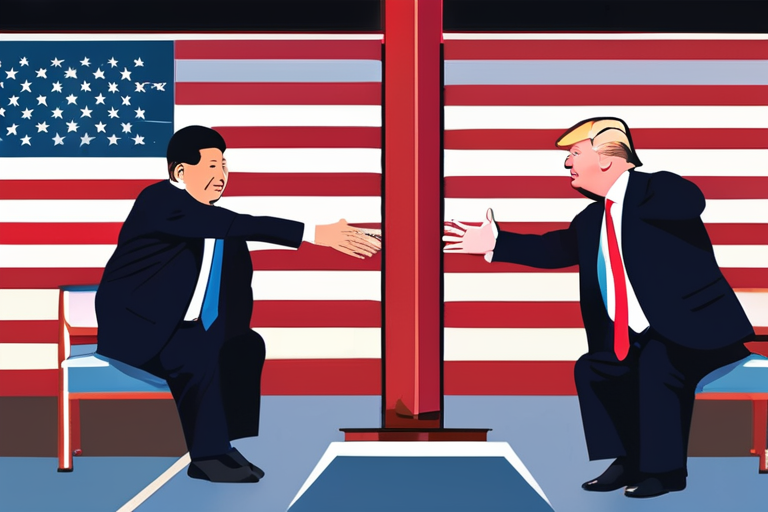

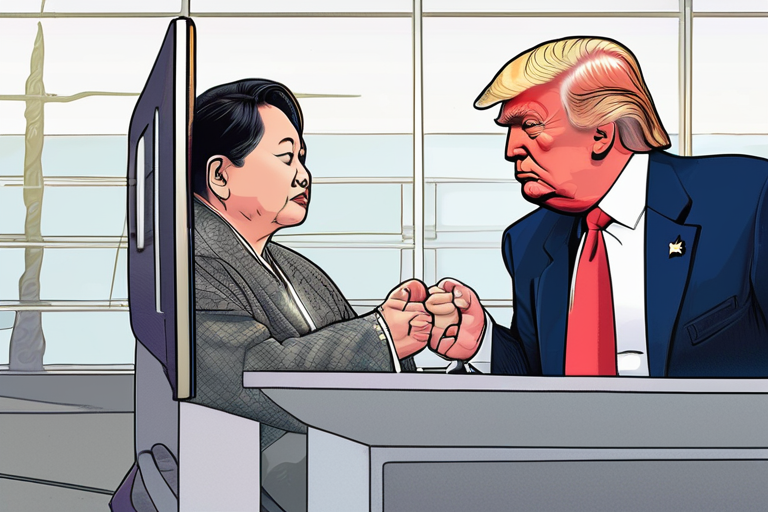
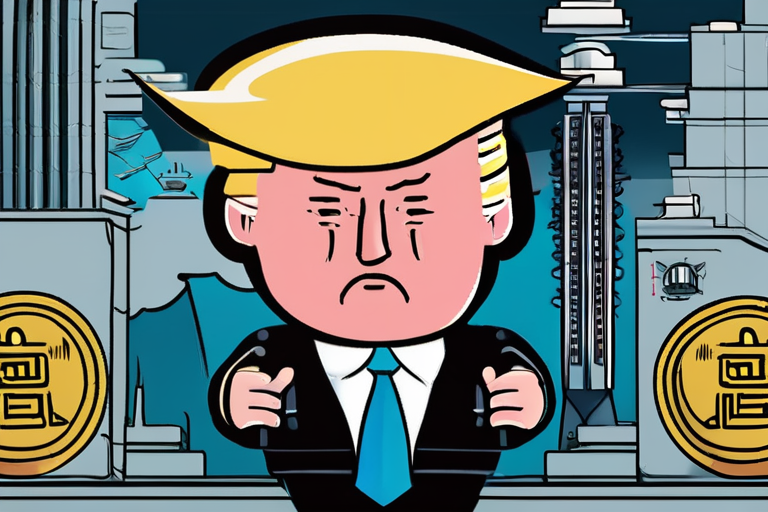
Share & Engage Share
Share this article